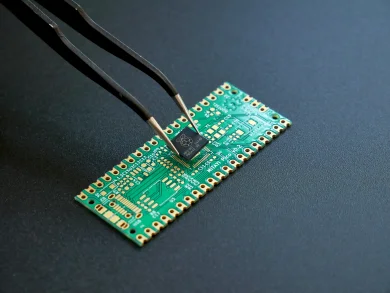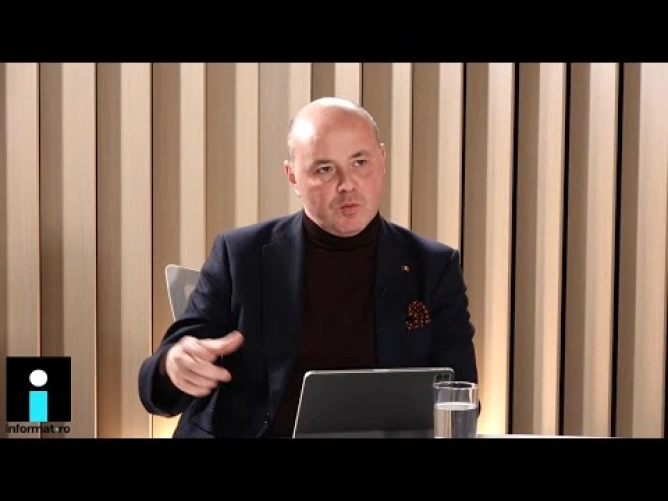3 November 20:26

Health
sursa foto: unsplash.com
A team of researchers from Columbia University has achieved a medical first, obtaining the first pregnancy through a method of assisted fertilization using artificial intelligence, called STAR (Sperm Tracking and Recovery). This innovative technique allows for the identification and recovery of viable sperm, even in severe cases of male infertility, such as azoospermia. Approximately 40% of infertility cases are caused by male factors, and the STAR method proves to be an effective solution, replacing traditional surgical procedures with an automated approach.
The STAR method combines advanced imaging, microfluidics, and AI algorithms to analyze samples of seminal material. The system can perform up to 8 million images in an hour, identifying viable cells and extracting them with the help of a robotic arm. In a specific case, a patient who had tried for nearly 20 years to become a father succeeded in obtaining a pregnancy after the method identified two viable sperm from a sample of 3.5 milliliters. The results suggest a promising potential for this technology, and the team continues clinical studies to evaluate the effectiveness of the method in a larger number of patients.
The STAR method combines advanced imaging, microfluidics, and AI algorithms to analyze samples of seminal material. The system can perform up to 8 million images in an hour, identifying viable cells and extracting them with the help of a robotic arm. In a specific case, a patient who had tried for nearly 20 years to become a father succeeded in obtaining a pregnancy after the method identified two viable sperm from a sample of 3.5 milliliters. The results suggest a promising potential for this technology, and the team continues clinical studies to evaluate the effectiveness of the method in a larger number of patients.


.webp)


.webp)










